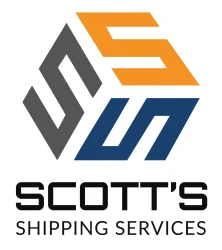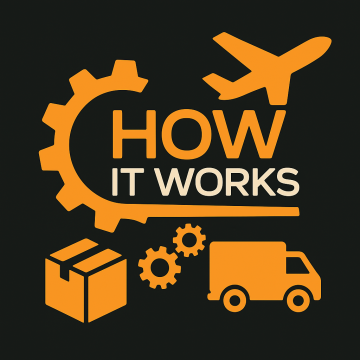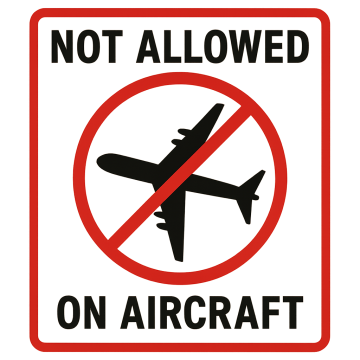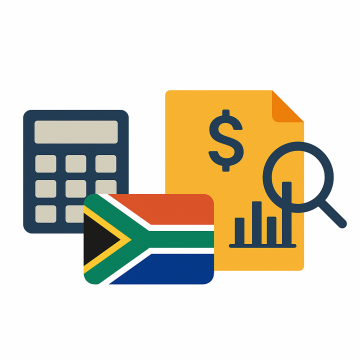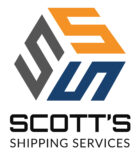How It Works
Worldwide shopping to your door in South Africa, how do we do it? Although there’s a necessarily brief outline on our homepage of how our importing works below is an in depth explanation of the entire process and rough timelines.
This is for our standard import service which handles items up to 32kg and max package size of 1m, anything larger is a freight import and follows a different procedure, contact us here for further details.
The Link
First and foremost, we need a link to the product, this is essential. We need to know exactly what to order.
On some products that are familiar we may look at different sellers but most of the time the item is ordered directly from your link. We cannot quote off descriptions or screenshots, it creates too much uncertainty.
Quotation
If we can handle the order you’ll then get a quote within an hour that includes all fees payable, if the items are restricted we’ll let you know at this point.
From there it’s up to you to decide whether to order. If you would like to skip this, you can use the quick estimate to generate your own quote and from there send it through if it’s in your ballpark.
Payment
Once we receive your details an invoice will be issued with payment instructions, EFT is preferred (fees are lower) but you can also use any major credit card via our secure payment gateway.
Ordering
Once the payment clears, this is immediate for a credit card or up to 48hrs on an EFT, we will place the order at the seller you selected.
We don’t place an order until the funds are in our account under any circumstances to reduce the possibility of fraud.
Dispatch and Depot Delivery
Unfortunately, this is often where the delays start creeping in as we don’t have influence over the efficiency of chosen retailers. Large US based sellers like amazon and B&H generally dispatch within 48 hours, but individual retailers on eBay and especially AliExpress can take a long time to get the package out.
Delivery times to our depots are wildly variable as well, western stores are generally within a week or so but the eastern sellers (GearBest, FastTech, Banggood etc) can takes 2-3 weeks easily.
Depot
Once the item arrives at the depot it is assigned to our system, it is then bundled into a “bag”, once this is full it will be manifested on a flight to South Africa, this can take a couple of days but is generally quite quick.
Transit to South Africa and Customs
The parcel is then sent through to SA, this can take up to a week if it’s routed through other countries, but we don’t experience many delays here.
While the package is in transit customs clearance is processed, this is one of the biggest advantages to using our service as customs delays can be extensive using other methods.
Arrival in SA
Package will then arrive in SA, and if customs doesn’t pull it for inspection (it’s rare but does happen) it will be sent through to us the next day in Pretoria.
To Your Door
From there we same day dispatch with “The Courier Guy”, this service is available to customers for local shipping, and it will be sent through to you. Usually overnight but if it’s outlying or a large item it may take a bit longer.
And there you have it, all the steps your parcel takes on the way to you. Our estimate is 10-21 days due to all the potential delays but between you and me we’re averaging around 14 days currently, shhhh…
